Penn GSE News Archive
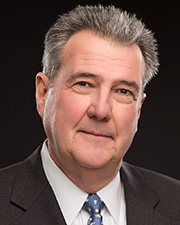
QS IGAUGE: COVID-19, second wind for higher education in India
Alan Ruby said, “There will be a deterrent effect, especially on international students. The choice of destination for study abroad is influenced by perceptions about personal safety. The virus, and the response to it, is a reminder that health services and hygiene standards are not what some students are familiar with.”
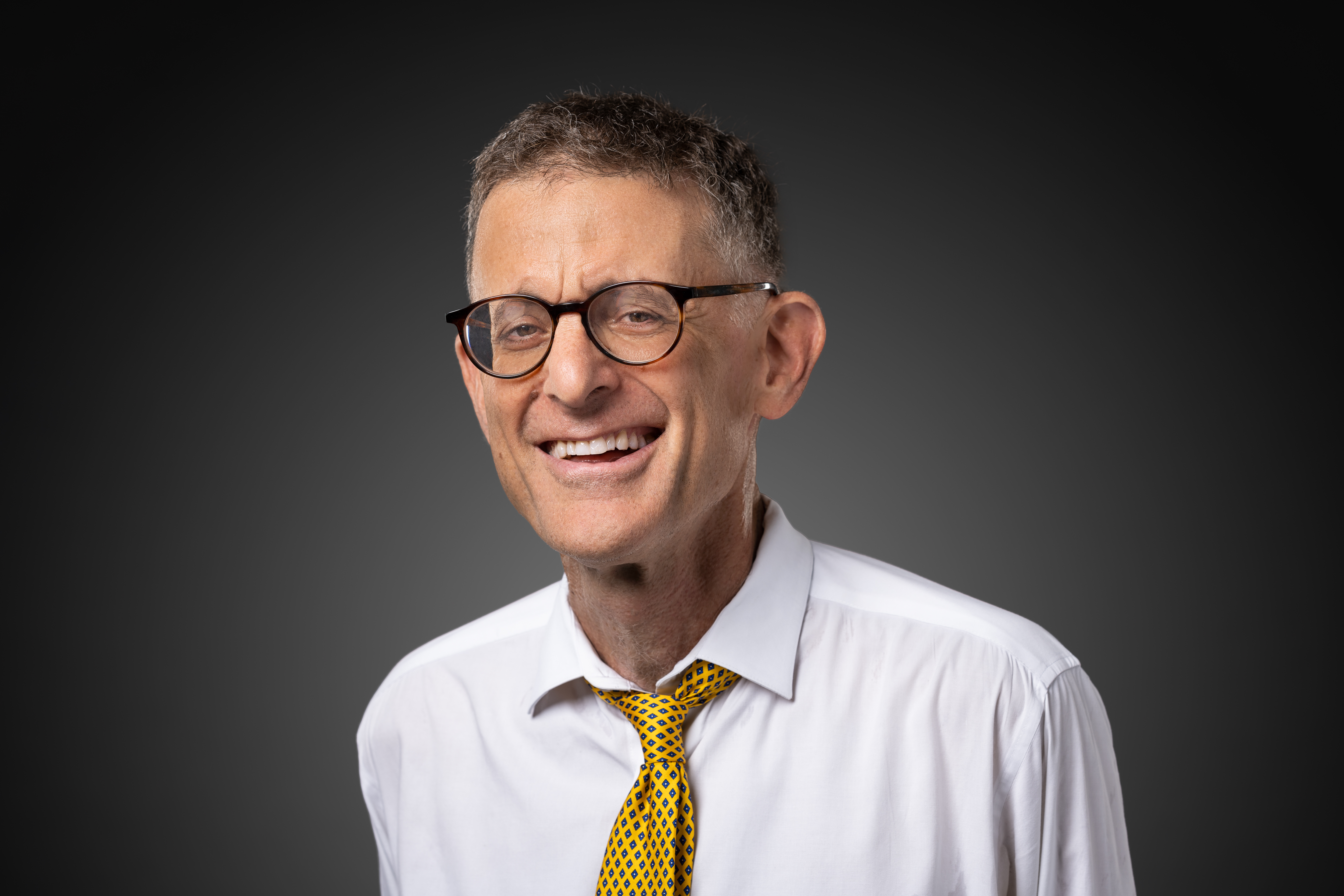
When Schools Shut Down, We All Lose
Jonathan Zimmerman writes, “Schools are always implicated in national crises, always,” pointing to schools’ role selling war bonds during World War I and cultivating victory gardens in World War II. “But in prior crises, they were engaged in the struggle, because it was a struggle against a human enemy rather than a biological one. This is a struggle against a biological one that requires schools not to step up, but to stand down.”
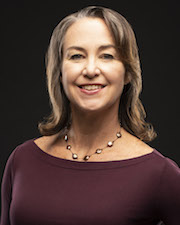
Diggit profile: Betsy Rymes on citizen sociolinguistics
Betsy Rymes discusses “citizen sociolinguistics,” an innovation in which online data are extensively used as evidence of how language and language usage are being understood and made meaningful socially.
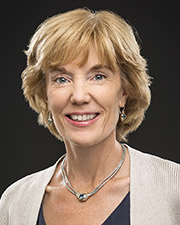
Tuition-free community college will make Philly stronger
The city needs more college graduates. Laura Perna argues a Kenney Administration proposal that includes scholarships and supports would put Philadelphia on track.
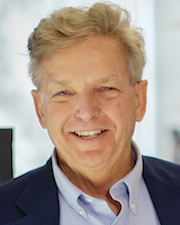
Why new teachers are burning out early
Richard Ingersoll weighed in on teacher burnout, which has worsened in recent years. “A lot of it boils down to working conditions,” he said.

Perna, L.W., & Wright-Kim, J (2020, February 21). Federal Pell Grants help pay for college-but are they enough to help students finish.
Laura Perna and Jeremy Wright-Kim write that more needs to be done to improve graduation rates at the colleges where many Pell recipients enroll.

Understanding the costs of college. Research Minutes: Educational Research and Policy Podcast
Laura Perna joins CPRE Executive Director Jonathan Supovitz to discuss her team’s study on Net Price Calculators and some important implications for higher education policymakers and college officials.

The Evidence-Based Policy Revolution Waiting to Happen
Policymakers will struggle to implement meaningful changes in education unless they ask if a solution is cost effective, writes Rebecca Maynard.

College affordability and the needs of working students
Laura Perna writes that more must be done to recognize the extent to which college students are working and take actions that minimize the harm, and maximize the benefits, of student employment.

Is It Fair to Award Scholarships Based on the SAT?
Laura Perna says "exams increase inequality when you look at who is getting access to aid."
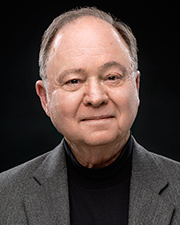
The Oddsmakers of the College Deathwatch
Robert Zemsky discusses market pressures of higher education and his book, The College Stress Test. The conversation around what is happening in higher ed is “caught among extreme visions.” Necessary innovations for systemic change are difficult to pull off, he says.
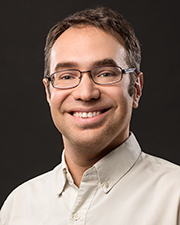
Reframing ed tech to save teachers time and reduce workloads
Ryan Baker discusses AI technology and some of the shortcomings of existing technologies that are available to teachers.
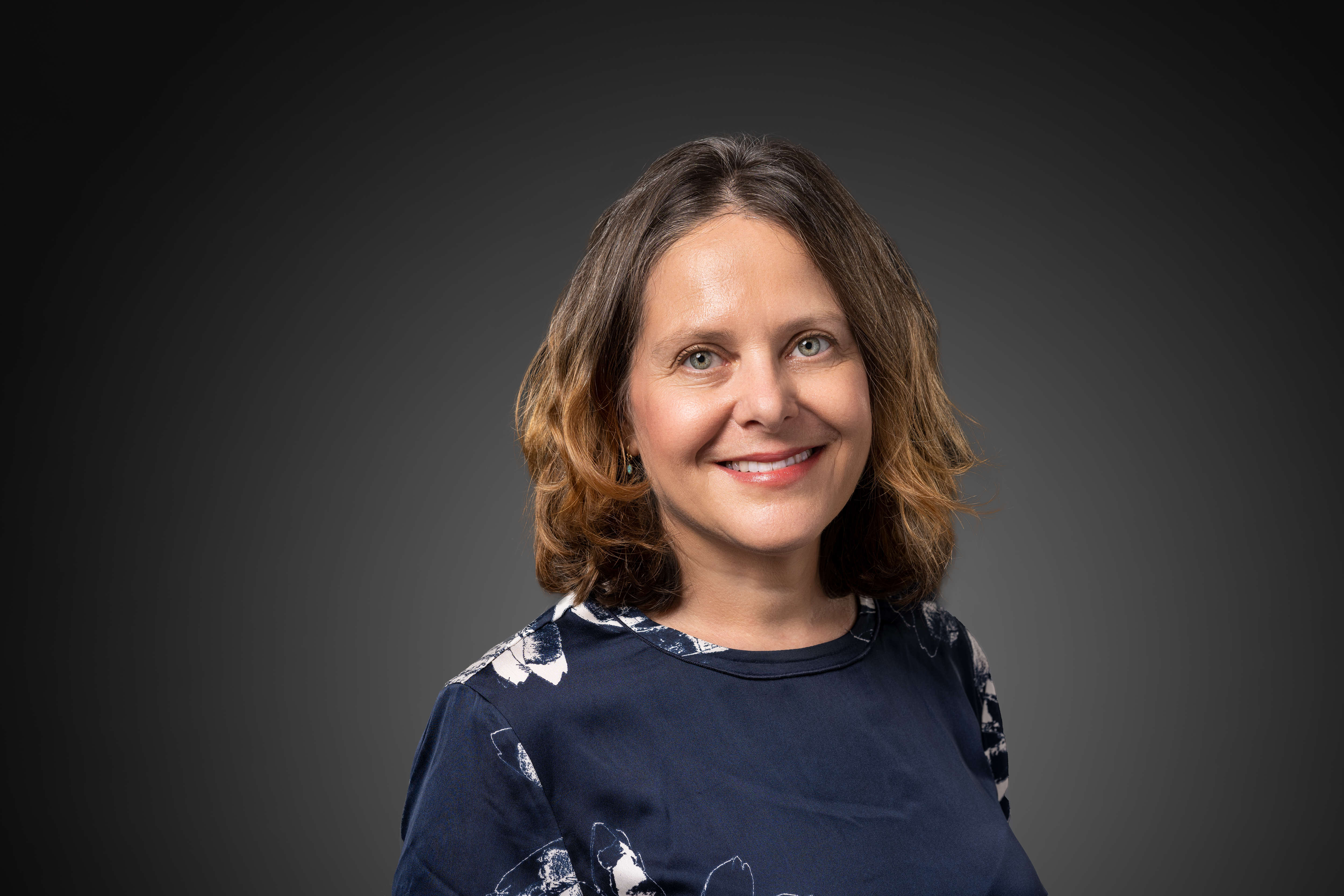
Kentuckiana teachers navigate political minefield to bring impeachment into classrooms
Sigal Ben-Porath explains that providing historical context and a comfortable environment to discuss weighty topics like impeachment can help students become more civic-minded.

Kenney calls for tuition-free community college in Philadelphia, but details remain vague
Laura Perna pointed out that for low-income students, the barriers to attending and completing community college go beyond tuition and fees. Those auxiliary costs include housing, food, transportation and childcare, among other things.
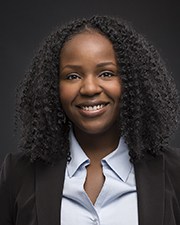
Preserving Family Histories with digital technology in West Philadelphia
Krystal Strong describes the Re/member Black Philadelphia project, a community archiving project which utilizes digital media and technology to document and celebrate the rich experiences, institutions, spaces, and cultures of Black people in the city.

Here's What Gen. Z Teachers Around the World Want in Their Jobs
Richard Ingersoll’s research points out that the overall teaching profession is getting younger.
